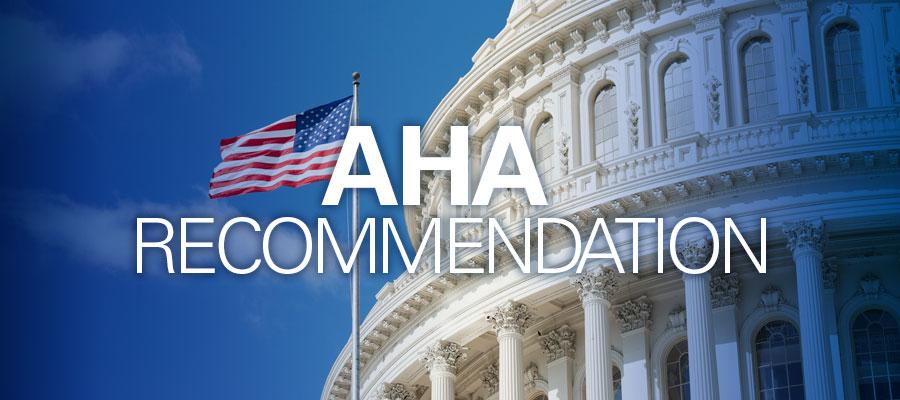AHA shares recommendations on developing unified PAC PPS

The AHA Friday shared recommendations for developing a unified post-acute care prospective payment system as required by the Improving Medicare Post-Acute Care Transformation Act of 2014. The Centers for Medicare & Medicaid Services and Department of Health and Human Services’ Office of the Assistant Secretary for Planning & Evaluation are building a PAC PPS model in conjunction with RTI International that is to be submitted to Congress in 2022. A Medicare Payment Advisory Commission version of the model will be submitted to Congress in 2023. In comments submitted to RTI, AHA called this an “unprecedented and exceedingly complex policy development endeavor” and outlined a number of recommendations. Among other recommendations, AHA said that any PAC PPS proposal must capture the resource needs of the full array of PAC patients; should include a comprehensive regulatory package; be implemented in a budget-neutral manner; and limit administrative burden. In the letter, AHA also responded to specific questions from RTI.

